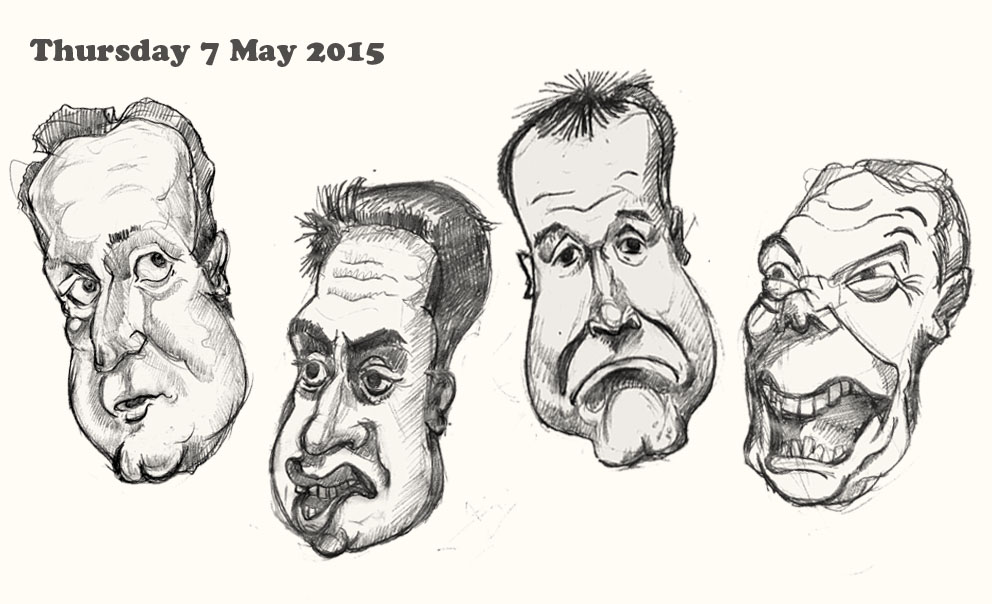UK Election 2015 which party best meets your mental health and well being needs? You decide……….
 [content_block id=2008]As a Psychotherapist and Mindfulness Teacher and former Poverty & Social Exclusion Senior Policy Manager, keeping abreast of mental health policy developments is crucial to ensure that my clients receive the best possible service. This is particularly important in 2015, the year of the UK General Election.
[content_block id=2008]As a Psychotherapist and Mindfulness Teacher and former Poverty & Social Exclusion Senior Policy Manager, keeping abreast of mental health policy developments is crucial to ensure that my clients receive the best possible service. This is particularly important in 2015, the year of the UK General Election.
So let’s take a look at the Royal College of Psychiatrists’ snap shot view of the main parties’ commitments on mental health and well being and whether counselling, psychotherapy or mindfulness get a mention:
Conservative
• Ensure there are therapists in every part of the country, providing treatment for those who need it.
• Enforce the new access and waiting time standards for people experiencing mental ill health, including children and young people.
• Ensure that women have access to mental health support during and after pregnancy, and strengthen the health visiting programme for new mothers.
• Deliver the Prime Minister’s Challenge on Dementia 2020 to make sure that everyone diagnosed with the condition gets a meaningful care plan to support them and their family.
Labour
• Ensure people will have the same right to psychological therapies as they currently have to medical treatments, with a strategy to ensure that the majority of patients can access talking therapies within 28 days.
• NHS staff training to include mental health. Teachers will also have training so they can identify mental health problems early and link children up with support.
• Increase the proportion of the mental health budget that is spent on children and young people.
• Encourage the development of social and emotional skills in schools, e.g. through the use of mindfulness to build resil-ience, ensuring all children can access school-based counselling.
• Drug treatment services to focus on the root causes of addiction, with proper integration between health, police and local authorities in the commissioning of treatment.
• Ban the sale and distribution of dangerous psychoactive substances, so-called ‘legal highs’.
• Take targeted action on high-strength, low-cost alcohol products that fuel problem drinking.
Liberal Democrats
• Increase mental health spending in England’s NHS by £500 m a year by 2016/17 and provide funding for similar invest¬ments in Scotland, Wales and Northern Ireland.
• Roll out access and waiting time standards for children, young people and adults, including a waiting time standard from referral of no more than 6 weeks for therapy for depression/anxiety and 2 weeks for all young people experiencing a first episode of psychosis.
• Increase access to clinically effective and cost-effective talking therapies ensuring everyone is treated in the long-term, with an interim target of 25% of those suffering getting treatment.
• Implement the proposals from the Government’s Children and Young People’s Mental Health Taskforce – building better links with schools, ensuring all children can develop mental resilience.
• New waiting time standards and better crisis care in A&E, in the community and via phone lines, enabling the end of the use of police cells for people facing a mental health crisis.
• Extend the use of personal budgets, integrating mental healthcare more fully with the rest of the NHS, introducing rigorous inspection and high-quality standards, comprehensive collection of data to monitor outcomes and waiting times, and changing the way services are funded so they do not lose out in funding decisions in future.
• Introduce care navigators so people get help finding their way around the system, and set standards to improve the physical health of people with mental health problems.
• Publish a national well-being strategy, with health and well-being at the heart of government policy.
• Establish a world-leading mental health research fund, investing £50 m to further our understanding of mental illness and develop more effective treatments.
• Ensure all frontline public service professionals, including in schools and universities, get better training in mental health – helping them to develop their own mental resilience as well as learning to identify people with mental health problems.
• Introduce minimum unit pricing for alcohol (subject to the outcome of the legal challenge in Scotland).
Plaid Cymru
• Raising awareness of mental health issues in the workplace and across society to ensure people with mental health conditions get more help with diagnosis, treatment and advice.
• Increase access to talking therapies, increase funding for eating disorders and drug and alcohol treatment, and increase resources for mental health services for young people.
• Introduce a 50p minimum price per unit on alcohol sales.
Scottish National Party
• Investing £100 m in a mental health innovation fund over the next 5 years. Resources will be directed towards projects that will improve mental health treatments in the primary care sector. The fund will also enable further investment in child and adolescent mental health services.
Green Party
• Ensure that spending on mental healthcare rises within their overall commitment to increase real spending on health by £12 bn.
• Ensure that no one waits more than 28 days for access to talking therapies.
• Ensure that everyone experiencing a mental health crisis, including children and young people, should have safe and speedy access to quality care, 24 hours a day, 7 days a week, with the use of police cells as ‘places of safety’ for chil¬dren eliminated by 2016, and by the end of the next Parliament only occurring for adults in exceptional circumstances.
• Ensure that everyone who requires a mental health bed should be able to access one in their local NHS trust area, unless they need specialist care and treatment. If specialist care is required, this should be provided within a reasonable distance of where the patient lives.
• Implement a campaign to end the discrimination and stigma associated with mental health through supporting the Time for Change programme and offering employment support to those with mental health problems.
• Pay special attention to any mental health issues of mothers during and after pregnancy, children and adolescents, BME people, refuges, the LGBTIQ communities and ex-service people and their families.
• Improve access to addiction services, including both drugs and alcohol addiction
• Give higher priority to the physical healthcare of those with mental health problems.
• Put a minimum price on alcohol of 50 p per unit to reduce the physical, psychological and social harm associated with problem drinking, with only a negligible impact on those who drink in moderation.
UKIP
• Take a ‘whole person’ approach to health, giving mental health parity with physical health.
• Direct patients diagnosed with a debilitating long-term condition or terminal illness to mental health professionals when appropriate.
• Recognise there is often a link between addiction and mental illness and offering appropriate treatment where this is the case.
• Offer direct access to specialist mental health treatment for pregnant women and mothers of children under 12 months of age.
• End the postcode lottery for psychiatric liaison services in acute hospitals and A&E.
• Increase mental health funding by £170 m annually, phasing this in through the first 2 years of the next parliament.
• Invest an extra £130 m a year into researching and treating dementia by 2017.
• Issue a veteran service card to ensure fast-track access to NHS mental healthcare.
• Build a dedicated military hospital providing specialist physical and mental health services.
